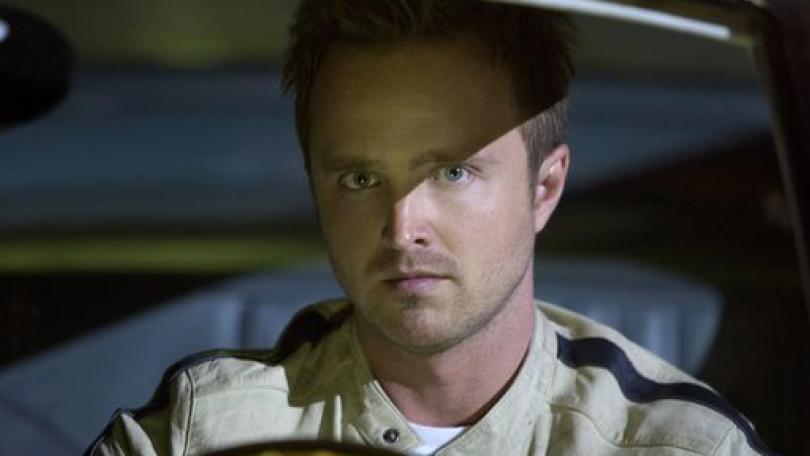
Based on a game that sold more than 140 million units, the commercial potential was clear. It starred the Emmy-winning
But the $66 million Disney street racing film, which included a
Critics pummeled the film, which has sputtered to $40 million as it plummets from the top 10 (though it is an international hit, collecting a healthy $143 million).
The hasty departure has observers debating: will we ever see a video-game adaptation that marries commercial and artistic appeal?
Comic-book movies have made the leap, as films such as The Avengers and
Video game movies have the second part down. The Lara Croft franchise has spawned two popular
But in terms of critical merit, it's been game over. Even 2001's
That won't stop a screenful of upcoming video adaptations:
To succeed beyond profits, experts say, Hollywood may have to treat movies based on games differently from other properties.
"They're completely different animals," says Kirk Kjeldsen, assistant professor in the Cinema Department of the School of the Arts at
He says that while Hollywood films are traditionally based on three acts, video games play out in much a different form. "Translating a non-linear narrative into a linear three-act structure is like making a song out of a painting or a sculpture."
If any film came close to impressing critics, Kjeldsen says, it was 2010's
"That's probably the best way to go with a video game adaptation — take the best parts of the game, discard the rest," Kjeldsen says.
But those parts, says
"There's a very simple reason that nearly all video game movies fail; they're not interactive," Dixon says.
"With video games, the player is really the star of the movie, directing the actors, deciding what plotline to follow — and most importantly for most games, whom to shoot down to get to the next level. When this aspect of the game is missing, viewers no longer feel like part of the action."
Dixon says the day "may soon come when video games are played by audiences in movie theaters. But until that time, movies will never be able to replicate the gaming experience."